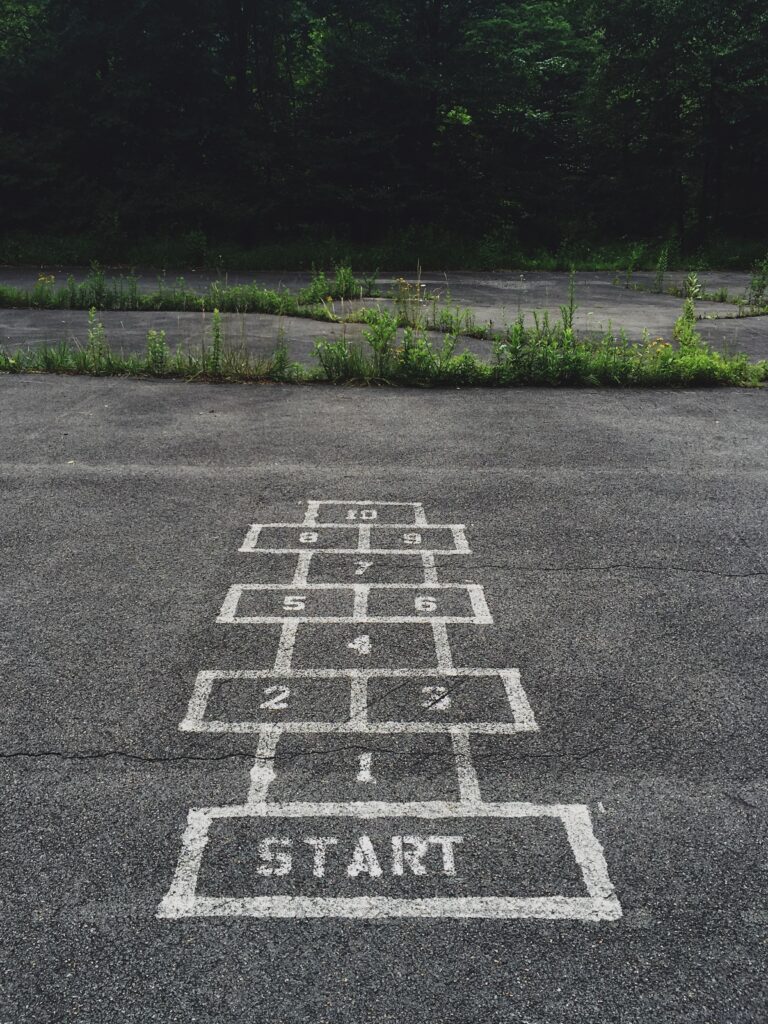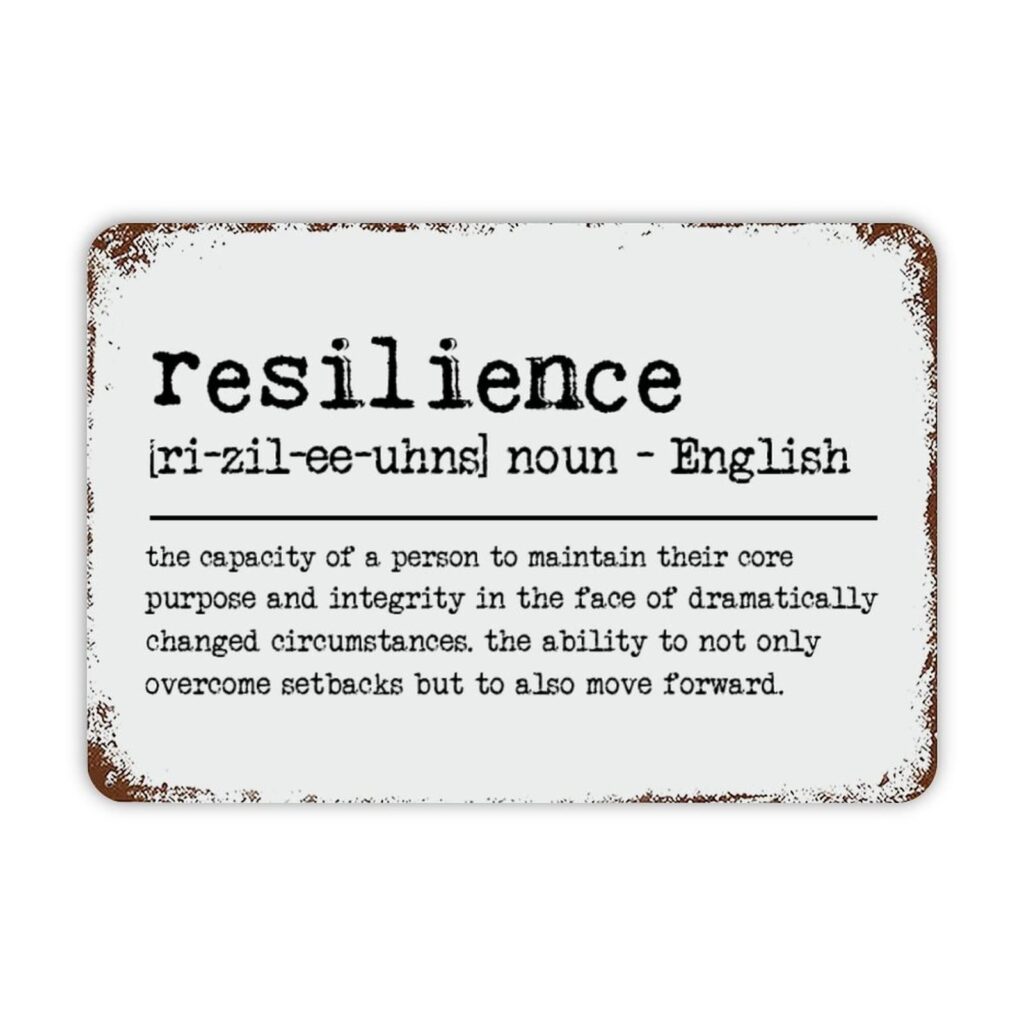Do you struggle with letting go of sentimental items? It’s a challenge many of us face at some point in our lives. Once I gave myself permission to let these things go, my whole outlook changed. It was as if by holding on to the item, I was still holding on to the person somehow. This makes no sense when you really stop to think about it. The person I miss isn’t wrapped up in these “things.” I just had to untangle the memories.
So, whether it’s an old piece of jewelry, a childhood toy, or a collection of mementos, parting with sentimental items can be done. Today, I’ll share practical tips and thoughtful insights to help you navigate the process of letting go while preserving the memories that matter most.
Understanding the Emotional Attachment
We all have that one item we just can’t seem to let go of. No matter what it is, certain objects hold extraordinary emotional significance in our lives. These sentimental items have the power to transport us back to cherished memories, evoking feelings of nostalgia and comfort. They serve as tangible reminders of our past experiences, connecting us to moments that have shaped who we are today.

The Power of Sentimental Items
These cherished possessions often carry deep emotional ties, representing pivotal moments, relationships, and identities. They serve as physical manifestations of our memories, providing a sense of continuity and grounding in our ever-changing lives. Holding onto these items can offer a sense of security and comfort, acting as emotional anchors during times of uncertainty.
Recognizing the Need for Change
However, there are instances where our attachment to sentimental items may hinder personal growth. For example, clinging onto material possessions from the past can impede our ability to fully embrace new connections and experiences. Recognizing when our attachment to these items is inhibiting our personal development is a crucial step in moving forward.

Approaching the Decluttering Process
When it comes to parting with sentimental items, it’s important to approach the decluttering process with a clear mindset and practical strategies. Here are some practical methods for categorizing sentimental items based on their emotional significance and practical value, as well as the concept of minimalism and its relation to simplifying our possessions.
Assessing Sentimental Items
In the decluttering journey, assessing sentimental items can be an emotional task. To make this process more manageable, I recommend categorizing items based on their emotional significance and practical value. One approach is to create three categories: items with deep emotional significance, such as family heirlooms or sentimental gifts; items with moderate emotional attachment, such as childhood mementos or event souvenirs; and items with minimal emotional value but practical use, like outdated kitchen appliances or duplicate household items. Taking this step can help in prioritizing what really holds sentimental value and what can be let go of more easily.

Embracing the Concept of Minimalism
Embracing minimalism involves recognizing the benefits of simplifying our living spaces and letting go of excess belongings, including sentimental items. Minimalism encourages us to focus on what adds value to our lives, rather than being weighed down by the accumulation of possessions. By parting with sentimental items that no longer serve a purpose or bring joy, we can create spaces that are more intentional and reflective of our present selves. It’s about cherishing the memories associated with items, while also being mindful of the space they occupy in our lives.
Making the Decision to Let Go
Here are some tips to assist you in finding a balance between preserving memories and decluttering our living spaces.
Preserving Memories Without Clutter
It’s possible to honor the memories associated with sentimental items without having to physically hold on to them. One way is by taking photos of these items and creating a digital album. This allows you to revisit the memories whenever you want without the physical clutter. Another creative idea is to repurpose sentimental items into something useful – for example, transforming old clothing into a quilt or a scarf. By finding new purposes for these items, we can cherish the memories while minimizing clutter.

Seeking Closure and Moving Forward
Finding closure when parting with sentimental items can be an emotional journey. It’s important to acknowledge the feelings that arise and to give yourself permission to let go. Embracing the emotional release that comes with letting go can be empowering and can pave the way for new beginnings. Reflecting on the joy the items brought us and expressing gratitude for the memories they represent can help us find closure and move forward.
Remember, it’s okay to let go and make room for new experiences. The key is to hold on to the memories, not the physical objects. As we part ways with our sentimental items, we open up space for new energy and experiences to flow into our lives. Embrace the journey of decluttering with an open heart and mind. You’ll be amazed at the positive transformation it brings to your life.

























































